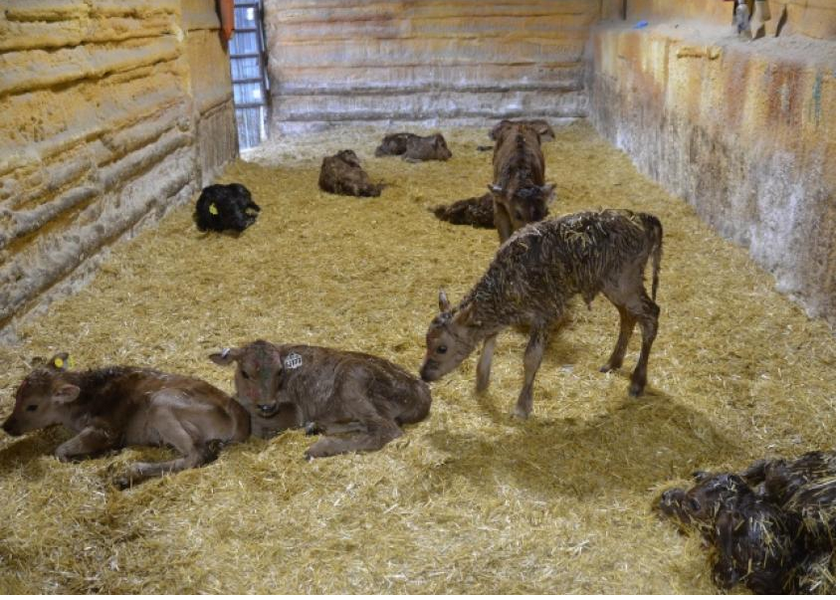Online Modules Now Available for Calf Care and Quality Assurance Program

Farmers and ranchers raising calves now have access to the free Calf Care and Quality Assurance (CCQA) program online at www.calfcareqa.org. CCQA promotes a way of thinking that prompts calf raisers to approach management decisions with thoughtfulness and an appreciation for the responsibility they have to their animals, consumers, the environment and the broader cattle industry in the United States.
“Healthy calves are the cornerstone of every beef, dairy and veal facility,” said Trey Patterson, Wyoming rancher and chair of the Beef Quality Assurance Advisory Group. “Committing to calf health management is the right thing to do for calves, producers and consumers, and completing CCQA’s online modules is an easy way to demonstrate that commitment.”
The program was developed with an understanding of the diversity of calf-raising enterprises, being science and outcomes based while maintaining facility type and size neutrality. While the practices identified in the animal care reference manual are not the only practices that can meet the desired outcomes, the program provides a framework that serves as a resource for anyone working in the calf-raising industry. In addition to the manual, online modules and self-assessment tools, CCQA will release an audit tool later this year. Completion of the CCQA online modules provides certification equivalent to Beef Quality Assurance certification.
Certification through CCQA helps ensure optimal calf health and welfare and is the first, collaborative educational tool that provides guidelines for calf raisers. The CCQA program is a joint initiative led by NCBA’s Beef Checkoff-funded Beef Quality Assurance (BQA) program and the National Dairy Farmers Assuring Responsible Management (FARM) program, managed by the National Milk Producer’s Federation (NMPF) with support from the Dairy Calf and Heifer Association, and the Beef Checkoff-funded Veal Quality Assurance (VQA) program.
“Certification programs such as CCQA establish guidelines and standards that help earn the public’s trust, demonstrating that beef and dairy producers share their values and are committed not only to quality animal care, but also to ensuring safe, wholesome meat and milk,” said Patterson.
For more information, visit www.calfcareqa.org.







